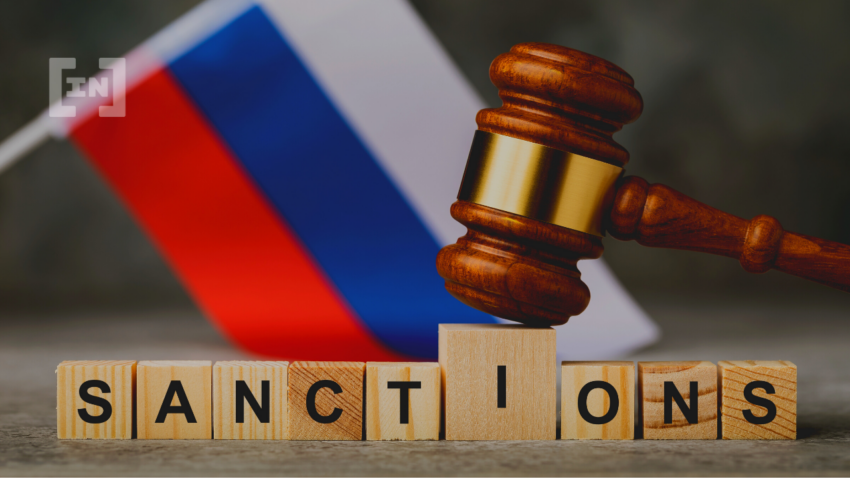The U.S. financial watchdog recently called on all financial institutions to be transparent about sanction evasions by Russians and Belarusians using crypto.
The Financial Crimes Enforcement Network (FinCEN) has issued an alert to all American financial institutions to be on the lookout for any attempts made by the Russian Federation to avoid the far-reaching sanctions imposed on it following the Russian invasion of Ukraine.
“In the face of mounting economic pressure on Russia, it is vitally important for U.S. financial institutions to be vigilant about potential Russian sanctions evasion, including by both state actors and oligarchs,” said Acting FinCEN Director Him Das.
He added, “Although we have not seen widespread evasion of our sanctions using methods such as cryptocurrency, prompt reporting of suspicious activity contributes to our national security and our efforts to support Ukraine and its people.”
BSA rules on reporting must come into effect
While wholesale sanctions evasion using cryptocurrency by the Russian Federation will run into liquidity barriers, cryptocurrency exchanges and other financial institutions may witness attempted or completed transactions involving cryptocurrencies, or other digital asset activities, by Russian and Belarusian persons of interest. Cryptocurrency exchanges and other financial institutions are considered money services businesses, falling under the Bank Secrecy Act, which obliges them to disclose suspicious activity associated with the evasion of sanctions promptly.
Cryptocurrency transactions are subject to the same anti-money laundering/countering the finance of terrorism/counter-proliferation (AML/CFT/CP) and sanctions compliance rules as fiat transactions. Pursuant to Executive Order 14024, the Treasury’s Office of Foreign Assets Control (OFAC) has imposed multiple significant sanctions against the Russian Federation’s financial sector.
The sanctions are imposed against people insisting on operating in the finance sector. They impose payment processing prohibitions on some Russian financial institutions, block certain Russian financial institutions, and prohibit the securing of debt and equity for certain Russian entities. OFAC imposed further sanctions on Russian President Vladimir Putin and Minister of Foreign Affairs Sergei Lavrov.
FinCEN advises money transmitter businesses to be aware of certain red flags. More specifically, when a customer’s transactions are linked to cryptocurrency wallet addresses found on OFAC’s Specially Designated Nationals and Blocked Persons List or when they use an exchange or an overseas-domiciled money services business in a high-risk jurisdiction with known AML/CFT/CP loopholes, including sufficient know-your-customer policies.
When a customer receives cryptocurrency from an external wallet and instantly performs many quick transactions with no apparent pattern, followed by a transaction that takes funds off the platform, it may be indicative of someone trying to obfuscate the trades, and when a customer transfers funds involving a tumbler like TornadoCash, this is a sure indicator of suspicious activity.
Russia unlikely to use crypto
As mentioned previously, the liquidity available through many exchanges does not exceed $200,000 on the BTC-Ruble pair, which is a small fraction of Russia’s Gross Domestic Product.
Furthermore, Binance CEO Changpeng Zhao has allayed fears that the Kremlin could use cryptocurrencies to avoid sanctions, saying that “crypto is too small for Russia.” Even privacy currency Monero’s market cap of $3 billion pales compared to Russia’s GDP of $1.5 trillion.
Disclaimer
In adherence to the Trust Project guidelines, BeInCrypto is committed to unbiased, transparent reporting. This news article aims to provide accurate, timely information. However, readers are advised to verify facts independently and consult with a professional before making any decisions based on this content. Please note that our Terms and Conditions, Privacy Policy, and Disclaimers have been updated.


